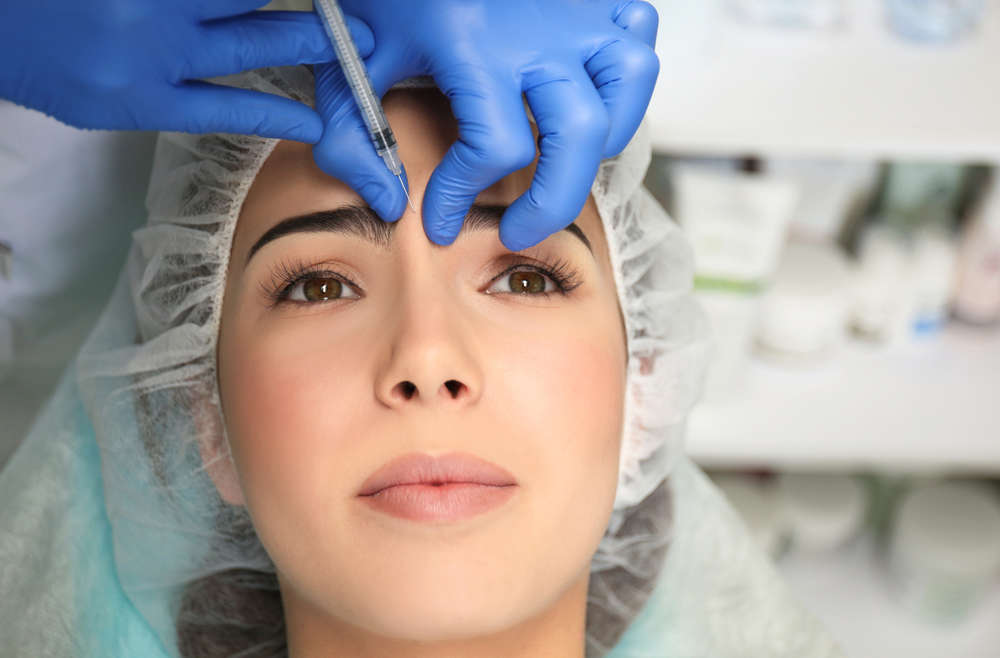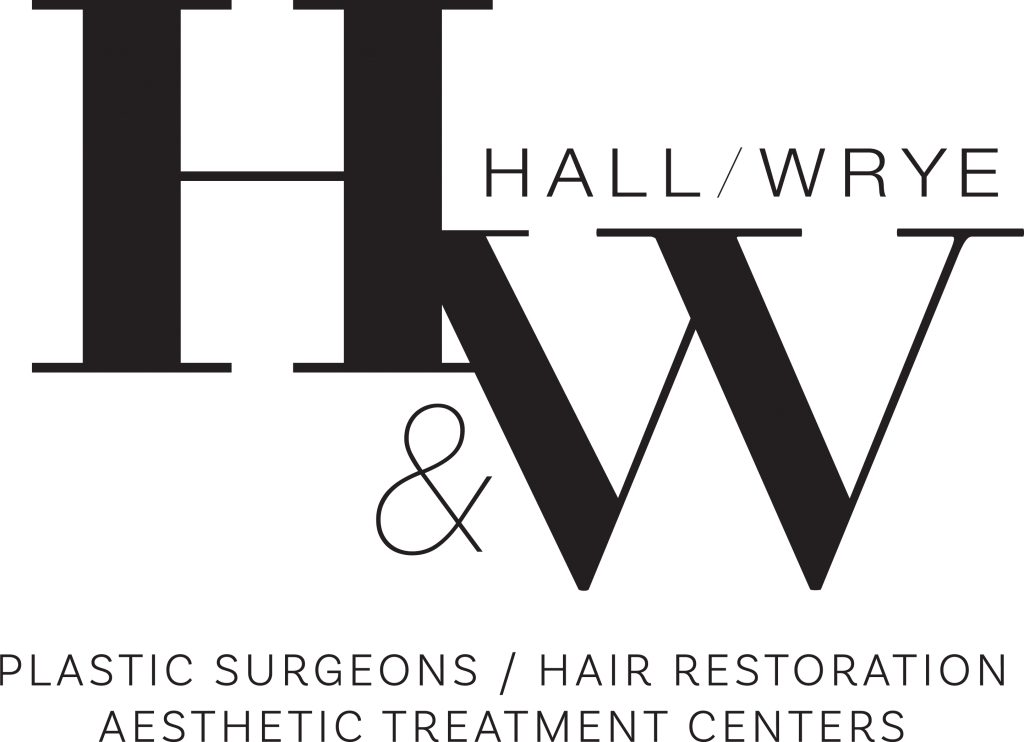 In November 2004, when four people became paralyzed after reportedly receiving Botox Cosmetic injections at a medical clinic in Florida. The four victims were hospitalized with severe botulism poisoning. The paralysis was temporary—a result of being injected with potent, unapproved botulinum toxin. The doctor who injected the toxin had lied about the product and passed it off as Botox Cosmetic, an approved FDA-approved drug to treat forehead wrinkles.
In November 2004, when four people became paralyzed after reportedly receiving Botox Cosmetic injections at a medical clinic in Florida. The four victims were hospitalized with severe botulism poisoning. The paralysis was temporary—a result of being injected with potent, unapproved botulinum toxin. The doctor who injected the toxin had lied about the product and passed it off as Botox Cosmetic, an approved FDA-approved drug to treat forehead wrinkles.
What began as a criminal investigation of a Florida medical clinic escalated into 210 investigations of health care professionals throughout the United States. As of July 2008, the work of the investigative units has led to 31 arrests and 29 convictions of individuals who purposely injected an unapproved, cheaper substitute toxin for FDA-approved Botox Cosmetic into nearly 1,000 unknowing patients. Studies show that only 1 in 4 patients who have been harmed by illegal injections, from either an illegal house party or fraudulent provider, ever report the crime.
Under federal law, no form of botulinum toxin may be commercially distributed for use on humans unless it has been approved by FDA. Botox and Dysport are FDA approved and should be the only two injectables considered for the treatment of wrinkles around the eyes and forehead. In both cases, the toxins used for the injectable is produced by the bacterium Clostridium botulinum. The injectable form of sterile, purified botulinum toxin, when used in small doses, locally affects the muscles’ ability to contract, smoothing out frown lines to make them nearly invisible.
TIPS FOR CONSUMERS CONSIDERING BOTOX INJECTIONS
- Botox Cosmetic is an injectable drug and should be administered by a trained, qualified health care professional working under the supervision of a doctor.
- Botox Cosmetic should be administered in an appropriate setting using sterile instruments. A non-physician who is appropriately licensed and trained may perform the injections under the supervision of a qualified physician. Malls and private homes are not medical environments and may be unsanitary, this means you can’t legally have a nurse come to your home and inject Botox or Dysport.
- It is illegal for injectables to be administered outside of a approved medical office or approved medical spa.
- Know what you are being injected with. Make sure your health care professional is using only an FDA-approved product purchased within the United States. If he or she refuses to give you this information, look for another health care professional.
- Make sure the benefits and risks are fully explained to you in a patient consultation. Appropriate paperwork should be signed prior to having any treatment of an injectable.
- Fully disclose any medical conditions you might have and medications you are taking, including vitamins, and over-the-counter drugs.
